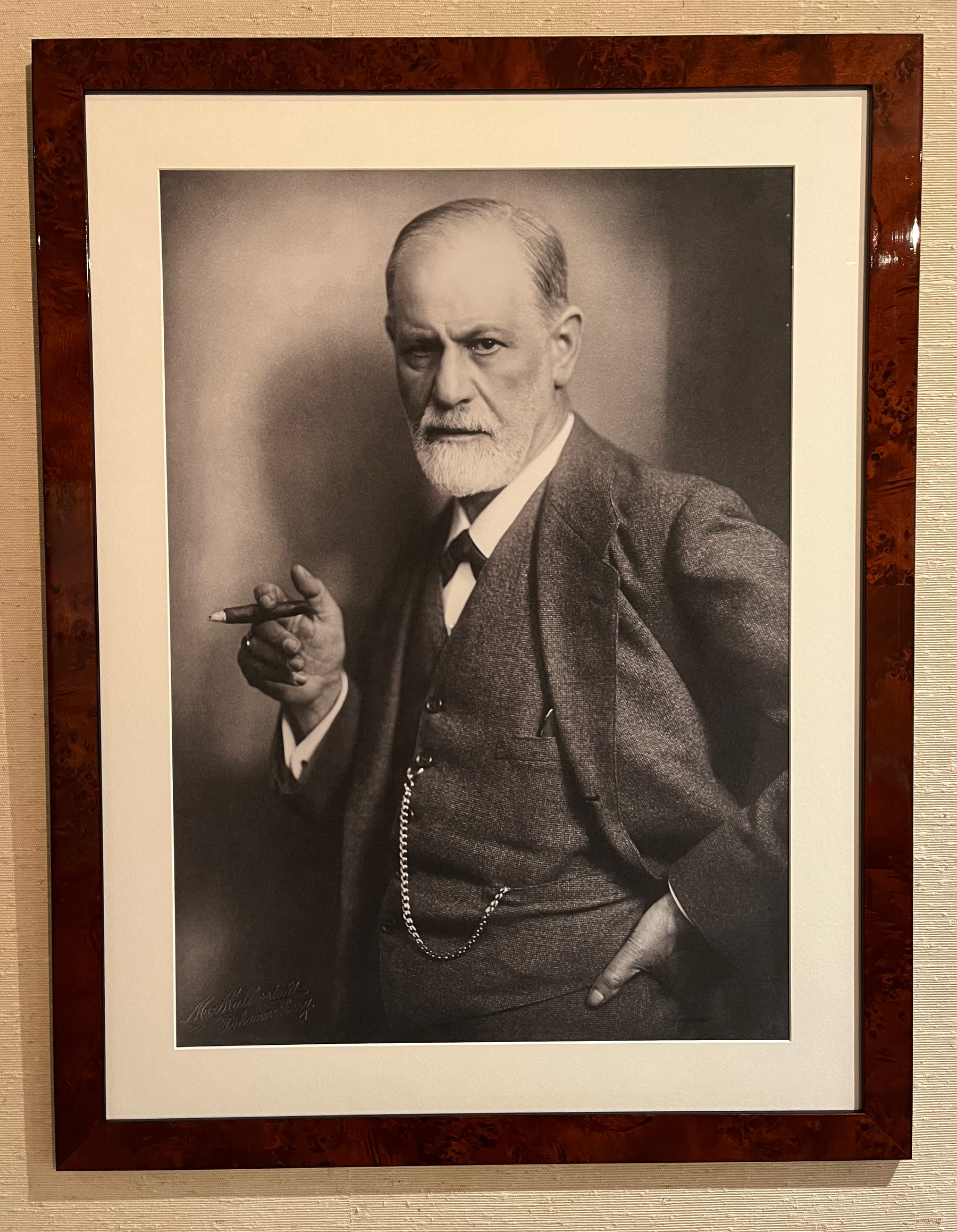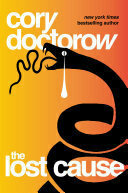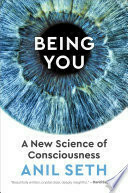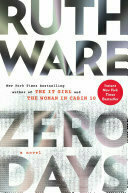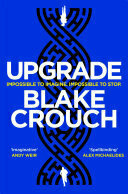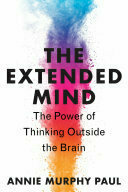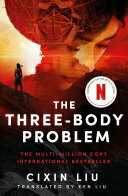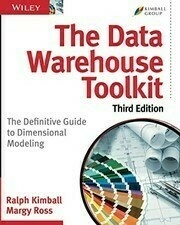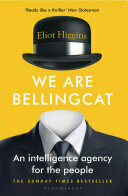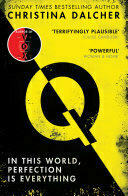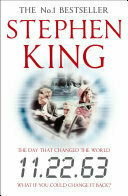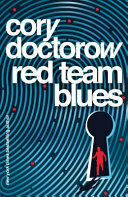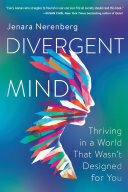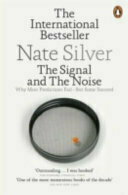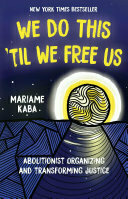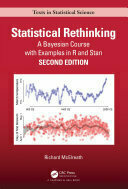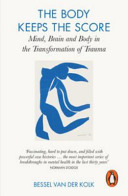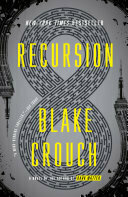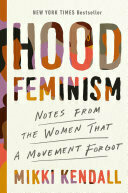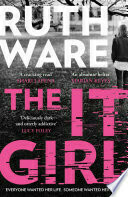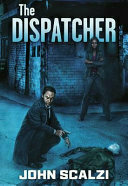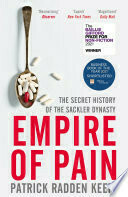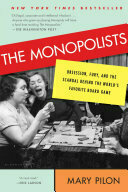📚 Finished reading Being You: A New Science of Consciousness by Anil Seth.

This feels like a book that’s going to be hard to summarise. It doesn’t help that I read most of it a year and a half ago whilst on a sun lounger. But I also found it a fairly dense and complicated book. Although a tome on the subject of “what is consciousness and how does it work?” could hardly be anything else. A key aspect of the topic is after all colloquially known as “the hard problem” - although Seth believes that particular aspect isn’t the one that we should be trying to solve in the first place.
The famous “hard problem of consciousness” is to figure out why the presumably physical inputs we receive from the external world lead to our inner phenomenological experiences. Why do we experience certain vibrations, in the form of sound waves, as music? Why does that experience of “music” make us feel things? Sad, happy, warm, awe-struck, or anything else on the wide-ranging human palette of feelings.
Why does this particular wavelength of light generate the experience of an intense red, and how come it makes us feel relaxed, or on edge? In summary: why does being exposed to physical phenomena make give us an “experience”? Both as a general question, and also, for a given single input why that experience in particular?
Seth thinks that’s the wrong line of inquiry. He wants us to think about the “real problem” of consciousness. By his telling, that means that the goal of science should be to explain, predict and control the phenomenological properties of consciousness. Or as he writes in an article for Aeon:
…how to account for the various properties of consciousness in terms of biological mechanisms; without pretending it doesn’t exist (easy problem) and without worrying too much about explaining its existence in the first place (hard problem).
First up, his definition of consciousness. Here it’s basically “any kind of subjective experience”. But, importantly, the experiences are indeed subjective.
We do not perceive things 1:1 as they are. This doesn’t take too much introspection to figure out even without the aid of a complicated book. Seth describes our perception of reality as a “controlled hallucination”. There are other types of hallucinations - LSD inspired ones for instance. But the shared hallucination that (almost) all of us agree on at a given point in time is the one that we choose to call reality.
We experience colours when what is actually out there is merely photons. We experience music when what is out there is merely vibrations. There surely is a “truth” out there, but we have no direct access to it. Rather, our brains create our conscious experience from its inputs. This explains why we can be predictably mistaken about things. Think for instance of visual illusions. The white & gold / black & blue dress that broke the Internet a few years ago is an obvious example.
…our perceptual experiences of the world are internal constructions, shaped by the idiosyncrasies of our personal biology and history
Why have we evolved to do this presumably computationally intense and certainly extremely unintuitive hard mental work? Because, of course, it helps us get through life.
The discomfort we feel when hungry is useful from a survival, and hence evolutionary, point of view. It motivates us to seek out food. Particularly energy dense food that in times gone past would have given us the most survival bang for our buck. The enticing taste of chocolate thus isn’t some random weird intrinsic property of its constituent molecules. It serves a function. Our conscious experience of the deliciousness of it motivates us want to seek out and consume it. In that way we can replenish our energy stores, and stay alive.
Colours provide another useful example. The properties of the light reflected from the same object in dark surroundings compared to well-light surroundings can be dramatically different. The actual stuff that hits our eyeballs - the sensory information - is thus very dependent on our environment. But it suits the way we work in the world for us to understand that it’s the same object. We still feel that the blue shirt that we previously saw in the midday sun is blue even when the actual sensory information we receive looking at it in the dusky evening is very different.
We perceive the world not as it is, but as it is useful to us
The brain can be thought of as a prediction machine that takes the inputs it receives from our senses and produces a guess of what caused those inputs, of what is out there. This is necessary because knowing what is out there in our environment is a fundamental requirement for us to survive. With no way to access raw truth, our brain has evolved the ability to make educated guesses, or, to put it more formally, predictions. Our conscious sense of reality is essentially those predictions.
Our impression of reality is constantly updated as the brain receives further sensory input. The aim is to reduce prediction errors, likely via Bayesian reasoning principles. Our inner “reality” thus shifts as we subconsciously receive input that is incompatible with our present perception of reality.
It increases in confidence when the stuff coming in through out sense organs is congruent with our prior beliefs. But, be honest, we’re all familiar with having seen or heard something that later turned out to be entirely different from how we perceived it at the time. It’s because what we perceive is nothing more than our best guess from incomplete information. It’s impossible to guess right every time when you’re not omniscient.
This mechanism can also lead to our many famous biases. The prediction machine side of things is why we’re more likely to perceive things that we expect in advance to perceive; yet another phenomenon that makes clear the lack of objectivity in our conscious experience.
For those who follow the active inference theory it might be that the actions we “choose” to take in the world are those that will minimise our predictive errors. We take actions to confirm that our predictions are true, and when it turns out that they are not then we update our predictions.
There are plenty of potential implications of this telling.
- Our sense of “self” is another of these controlled hallucinations, which, amongst other things, explains why it’s so hard for philosophers to pin down. The self is a mix of our brain’s predictions, beliefs and memories. This explains why people who suffer issues with memory can have their sense of self affected.
- The same with free will. Even the most ardent free will skeptic might admit to having a sense that they have free will even if they objectively do not believe that can be the case. But it’s another hallucination, “designed” to provoke us into behaviour that is to our evolutionary benefit. Even if in reality there was no real possibility that we would have done things differently in the past, the feeling that we could have done so provides a feeling that we’re able to do things differently the next time if it suits our survival to do so. We can learn.
- Our emotions don’t cause our physical reactions. Rather it’s the other way around. Our heart doesn’t beat faster because we’re scared. We consciously feel fear because our heart is beating faster, and the feeling of fear is a way to motivate us to actions that’ll help us survive, such as running away.
This leads us to Seth’s “beast machine theory”. For us to survive and thrive, it’s important not only to be within a safe external environment, but also that certain interoceptive signals - those received based on our body temperature or heart rate for example - are maintained within certain value ranges.
If these inner indicators stray into more dangerous territory then the brain provides phenomenological hallucinations, more commonly described as emotions and moods, that provoke us to take actions to return the signals it’s receiving back to a normal and safe value. For us beast machines, regulating our inner-state and integrity is of a higher priority than accurately perceiving things.
There’s a social side of things too. We alter our behaviour based on our perception of what other people might be perceiving about us. Our identities often reflect what other people think of us.
We’re also capable of learning from and about other entities. And not only those from our own species; most people intuit that at least some animals might be conscious. And in the current AI-enthusiast times, some people wonder whether at some point machines might be too. Seth is skeptical of the latter, although doesn’t entirely rule it out.
In any case, it’s important that we do try to figure the parameters of consciousness out - whether the potential experiencer is made of meat, silicon or something else - because as soon as something has consciousness then it gains a moral status such that we should take care to minimise its suffering.
…the entirety of human experience and mental life arises because of, and not in spite of, our nature as self-sustaining biological organisms that care about their own persistence.
For those who prefer videos to books, the author has given a TED talk on the subject too.







